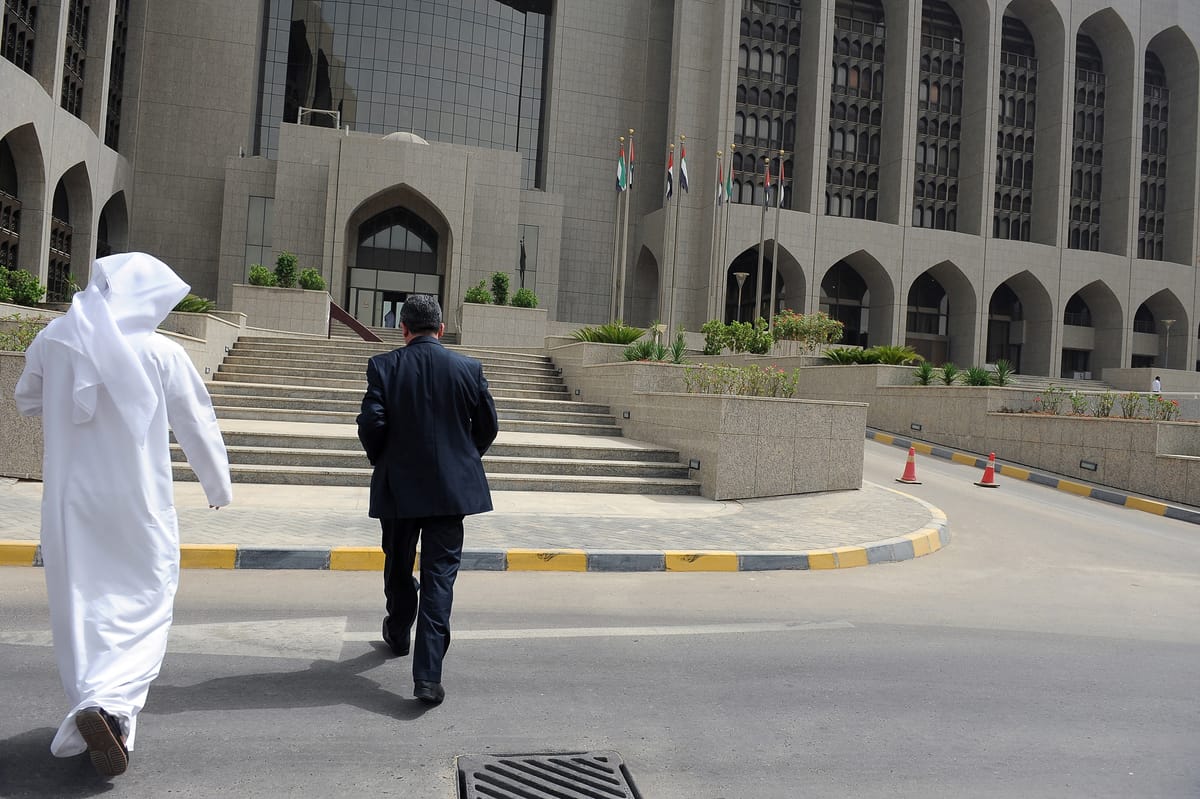Egypt-UAE partnership soars with a US$35 billion investment agreement
The UAE just pledged a US$35 billion investment in Egypt.

A few minutes every morning is all you need.
Stay up to date on the world's Headlines and Human Stories. It's fun, it's factual, it's fluff-free.
The backstory: Egypt has been facing financial struggles for a while now, with challenges piling up over the years. And recent conflicts, like the Israel-Hamas war, have only added more pressure. One big issue Egypt has is a shortage of foreign currency. This problem has been made worse by a drop in revenue from the Suez Canal because of attacks by Yemen's Houthi militants. This waterway is a big deal – it connects the Mediterranean Sea to the Red Sea and is vital for global trade. On top of that, the aftermath of the country's 2011 uprising left Egypt with some big debts to foreign oil companies.
More recently: Egypt has been turning to sources like the International Monetary Fund (IMF) and countries like China, India and the Gulf States for assistance to tackle the challenges. For instance, in 2022, Saudi Arabia deposited US$5 billion into Egypt's central bank, and Abu Dhabi's wealth fund ADQ invested in key Egyptian institutions like the Commercial International Bank. Through Global Investment Holding, the UAE even bought a big part of Egypt's largest tobacco company.
The development: The UAE just pledged a US$35 billion investment in Egypt. This investment is part of a huge project to develop a high-end area called Ras El-Hekma along Egypt's Mediterranean coast, which Prime Minister Mostafa Madbouly thinks is the biggest deal in the country's history. Under this agreement, Abu Dhabi's wealth fund, ADQ, is handing over US$24 billion for development rights in Ras El-Hekma. On top of that, US$11 billion from UAE deposits in Egypt's central bank will fund more real estate projects. ADQ aims to attract over US$150 billion in total investment for the project.
Madbouly said he's hopeful that this injection could help Egypt strike a new deal with the IMF, which would be a game-changer for the economy. The UAE plans to pay in two installments, with US$15 billion first and then US$20 billion within two months. This cash flow will help stabilize Egypt's currency exchange rates. The news boosted Egypt's foreign bonds, making them top performers in emerging markets last week.
Key comments:
"This deal will be the beginning of correcting the course of the Egyptian economy," said Prime Minister Mostafa Madbouly, calling it "a message of confidence" from the UAE.
"If the financing comes through as planned, we believe this (along with an upsized IMF programme) should provide ample liquidity to cover Egypt's financing gap over the next four years," said Farouk Soussa of Goldman Sachs in a note.
"This is a good development and will help with growth for sure, but Egypt will see the benefits more over the medium term," said Viktor Szabo, portfolio manager at Abrdn in London.




Comments ()